
Polycythemia Vera
Advertisement
In a phase 2 trial the hepcidin mimetic increased hematocrit control while reducing phlebotomy and patient-reported symptoms.
A study found limits to the prediction utility of thrombosis history in patients with PV and pulmonary hypertension risk.
A common treatment goal for polcythemia vera is to control HCT with therapy, phlebotomies, and cytoreductive therapies.
VGT-1849A is aJAK2 inhibitor that is designed to have less off-target suppression of JAK1, JAK3, TYK2, and other kinases.
History of thrombotic events, hematocrit ≤0.45 L/L, and JAK2 p.V617F were identified as risk factors for progression.
Myelofibrosis, a rare blood cancer, affects four to six per 100,000 individuals in the United States.
Advertisement
The REVEAL study identified five risk factors, including leukocytosis, duration of time with PV, and more.
Real-world databases lent insight into how often patients with PV experience thromboembolic events.
Knowing who is at high risk in the near term could make it easier to conduct trials of anti-thrombotic therapies.
Developed by Protagonist Therapeutics, rusfertide is a novel injectable synthetic mimetic of the natural hormone hepcidin.
The retrospective study used data on 105 million U.S. patients with linked medical and prescription claims from 2007 to 2019.
Rusfertide quickly induced hematocrit control and maintained improved levels over time in patients with polycythemia vera.
Researchers analyzed PV patients allocated to the ropeginterferon alfa-2b arm of the PROUD-PV/CONTINUATION-PV studies.
CR rates were comparable in both treatment groups, but OS was superior in the ruxolitinib group.
Nearly all myelofibrosis patients are estimated to develop anemia over the course of the disease.
The need for phlebotomies substantially decreased in those who received ruxolitinib after hydroxyurea.
The combined average cost for the index hospitalization and two-year TE-related readmissions was $30,285.
The investigators sought to investigate the diagnostic landscape of polycythemia vera in LMICs.
Researchers presented data from the randomized withdrawal phase of the study at the SOHO Annual Meeting.
From Houston, Texas, to Beirut, Lebanon, the SOHO global community continues to grow thanks to its Ambassador Program.


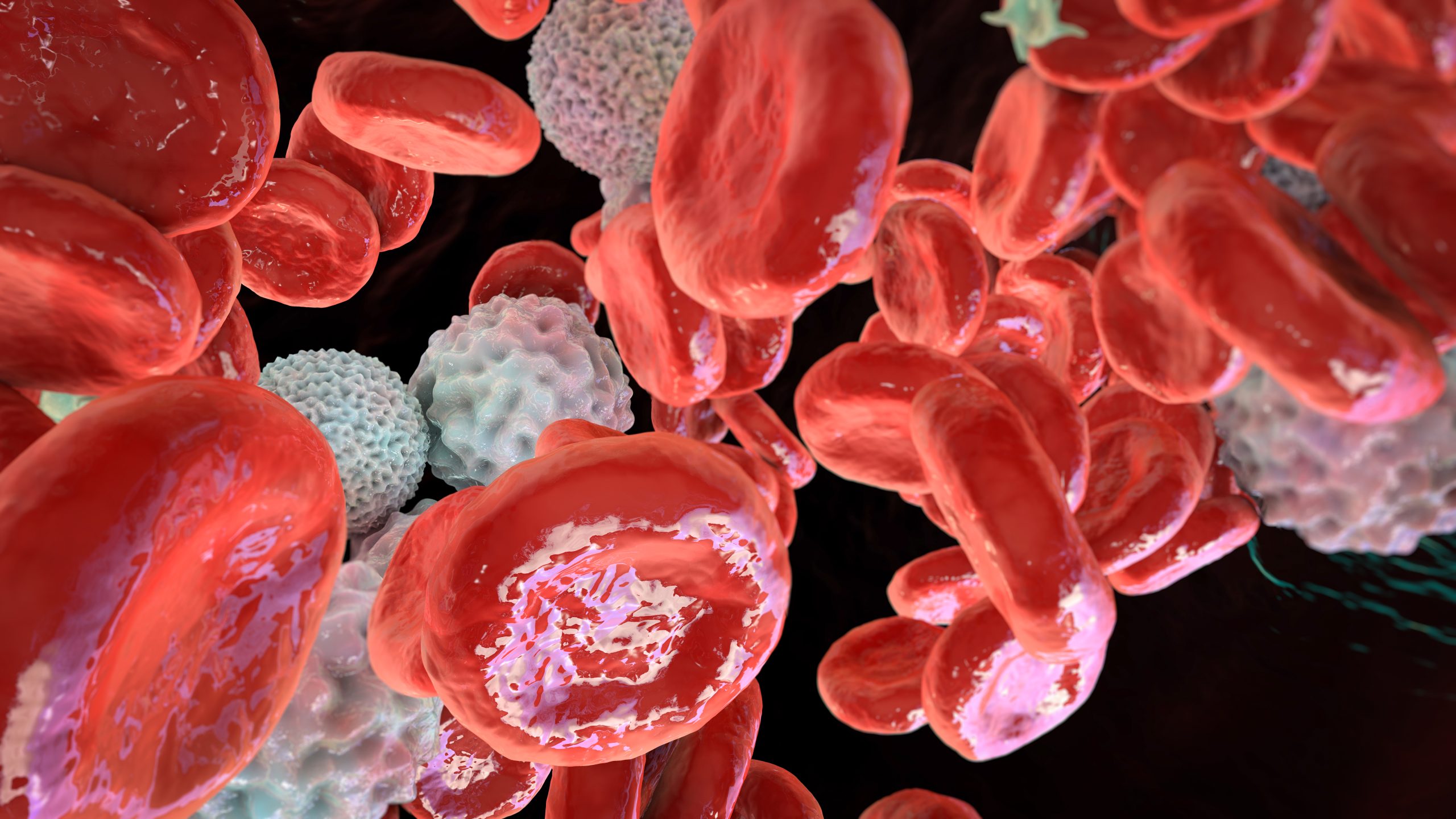
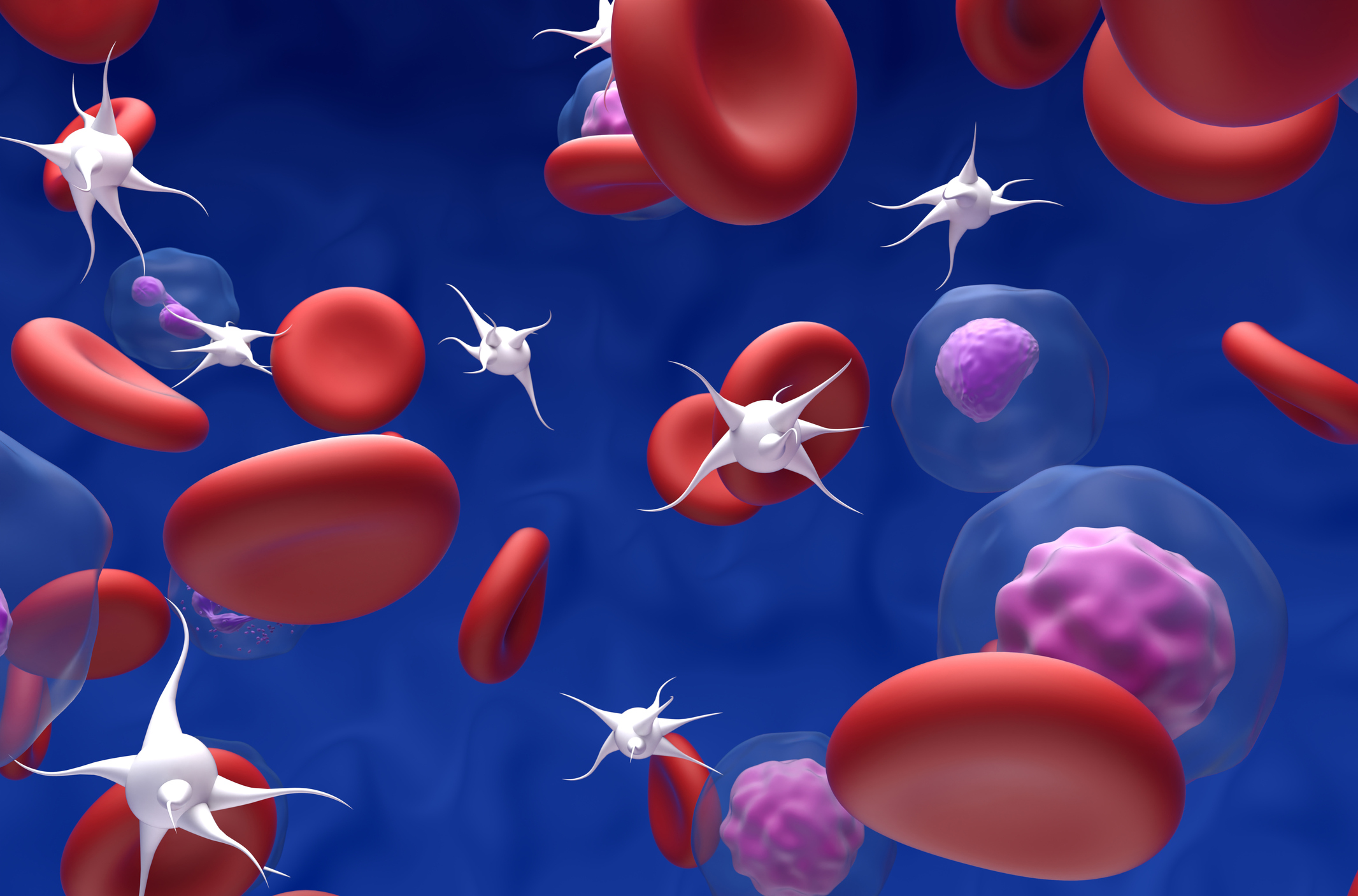
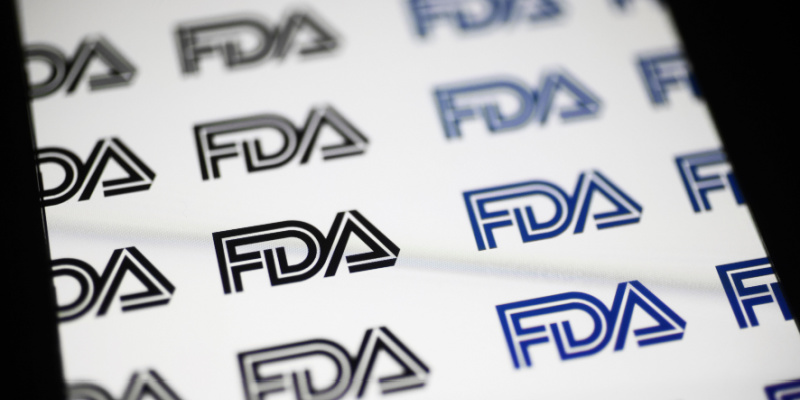

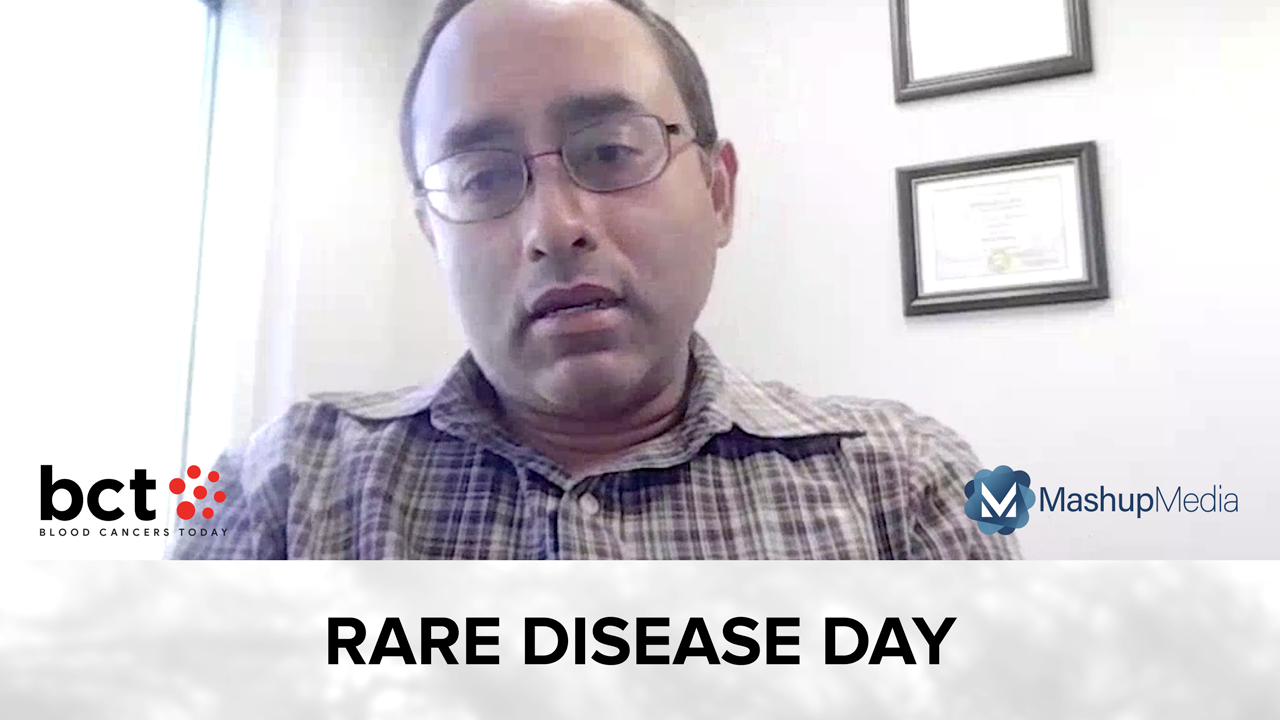
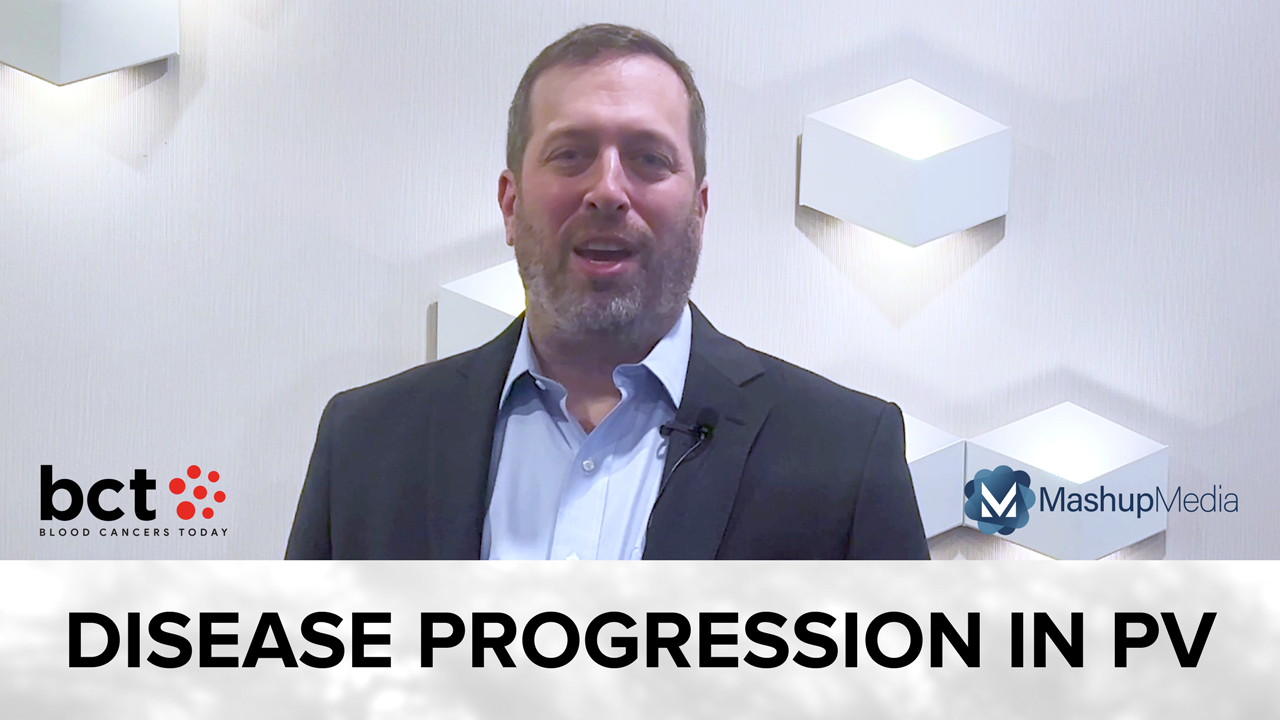
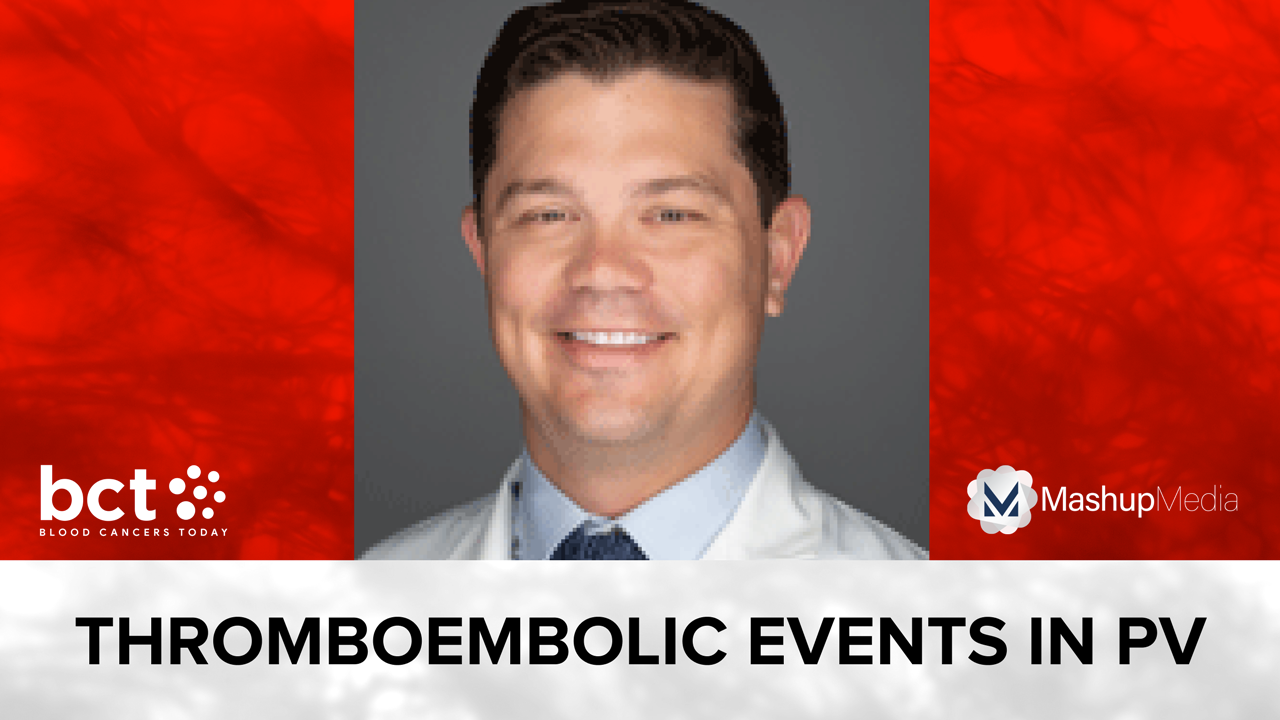
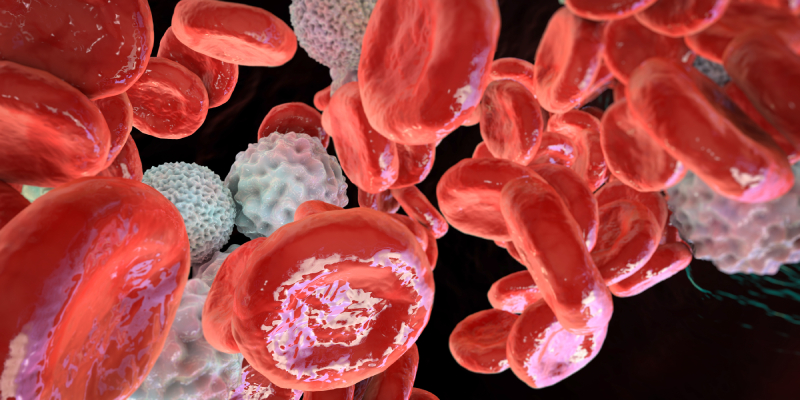
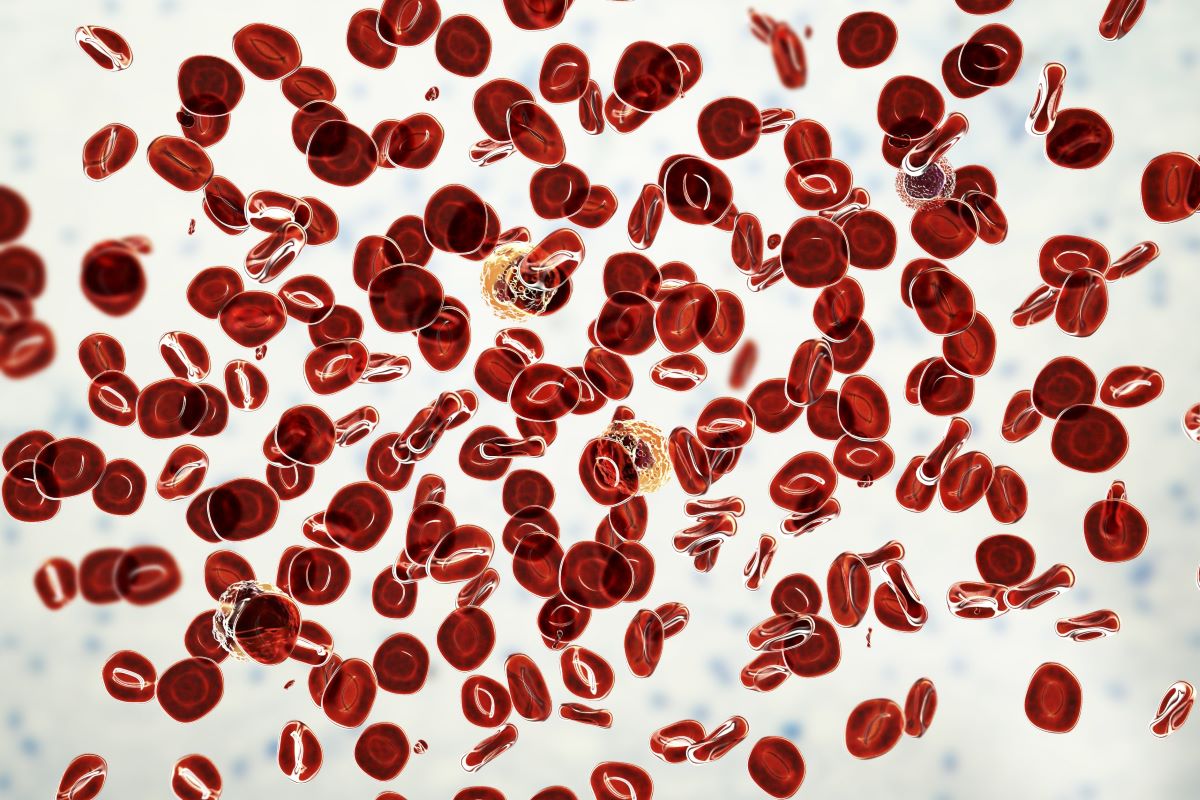
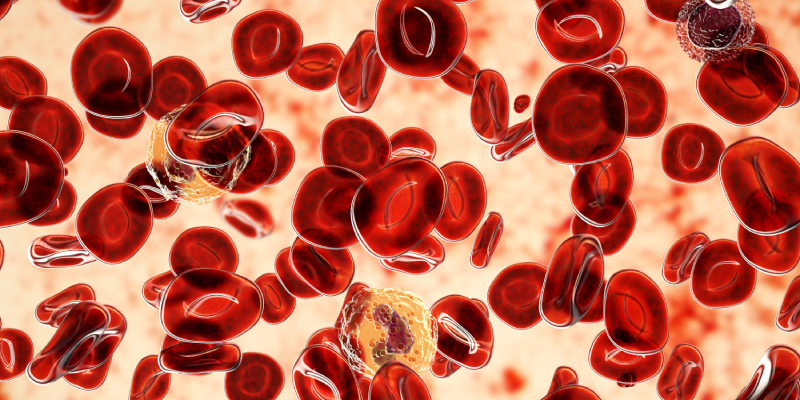
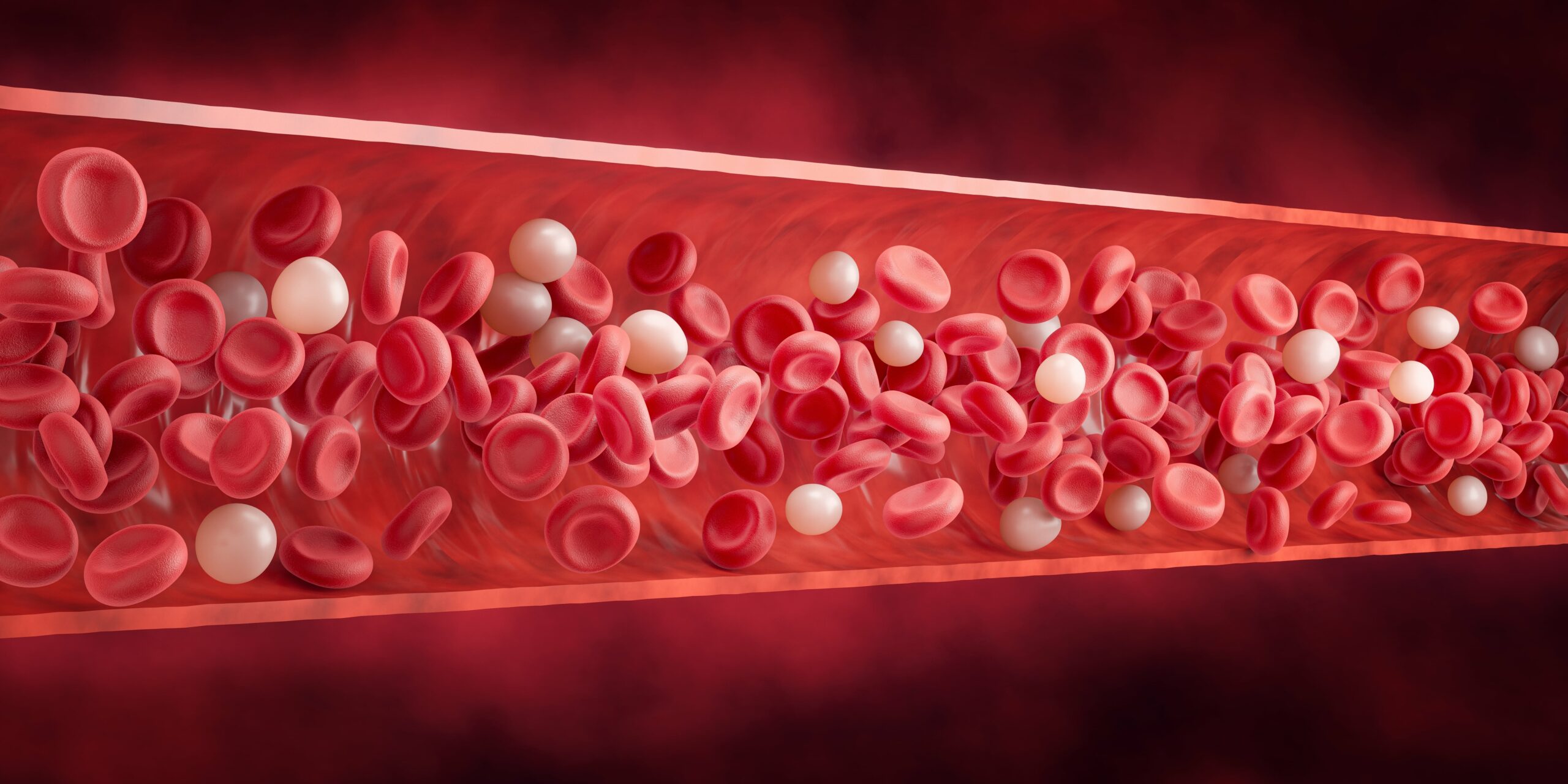
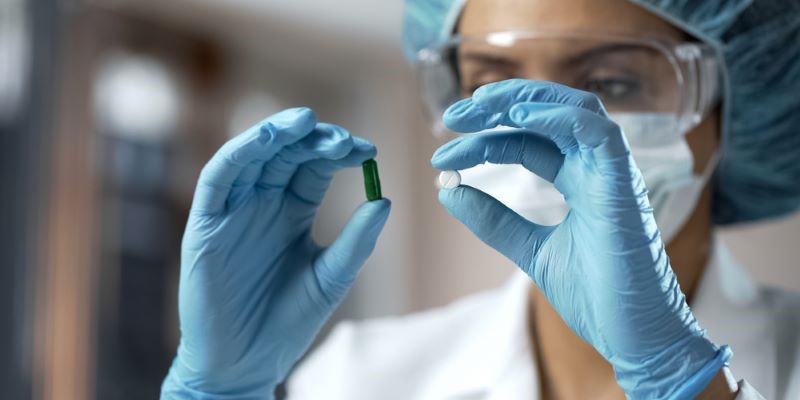
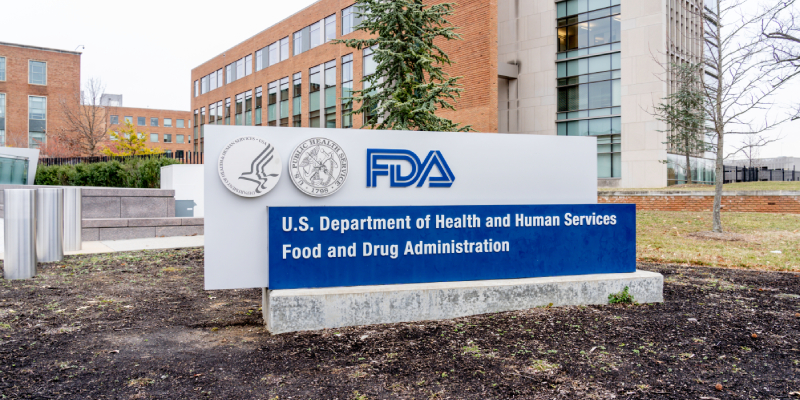



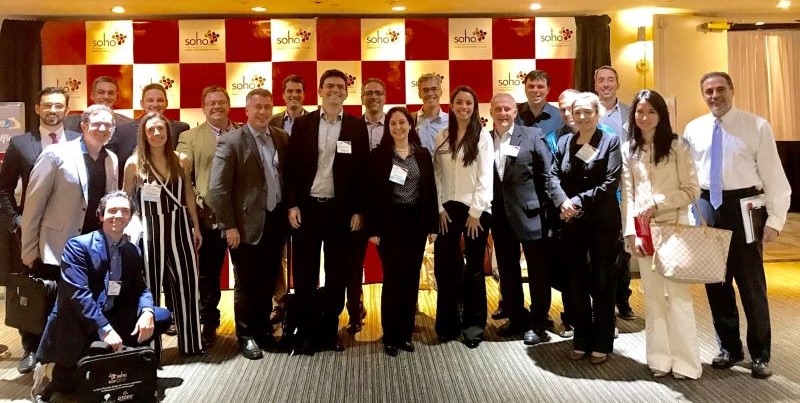
 © 2025 Mashup Media, LLC, a Formedics Property. All Rights Reserved.
© 2025 Mashup Media, LLC, a Formedics Property. All Rights Reserved.